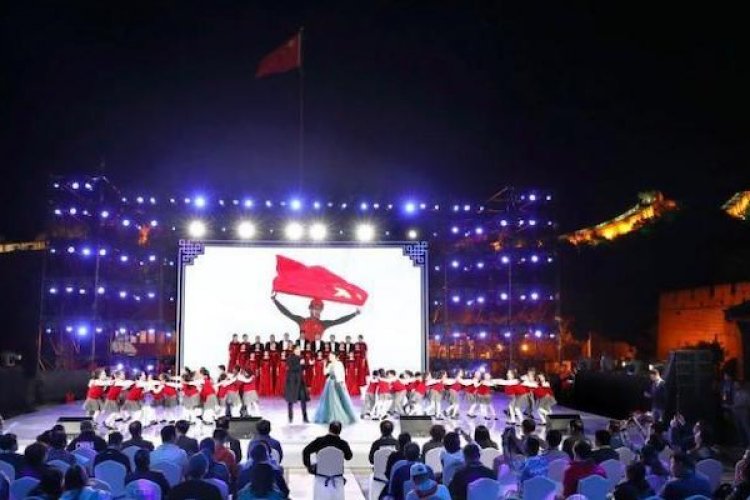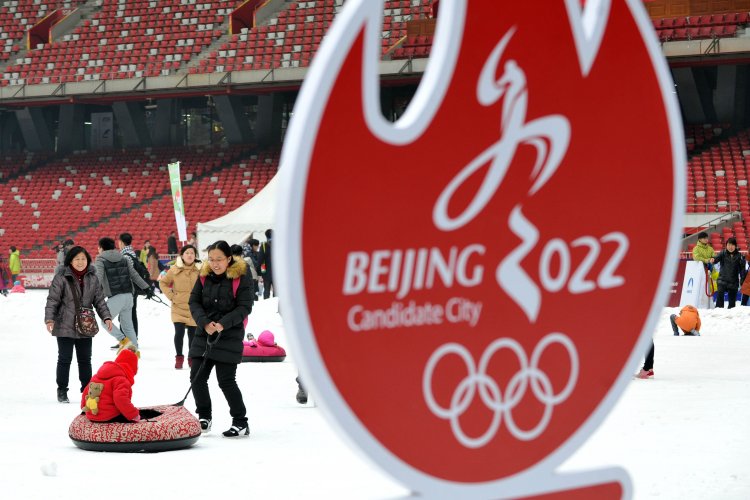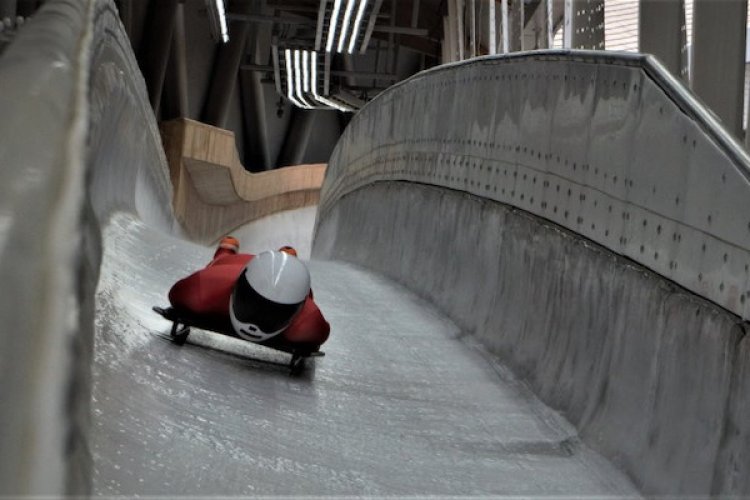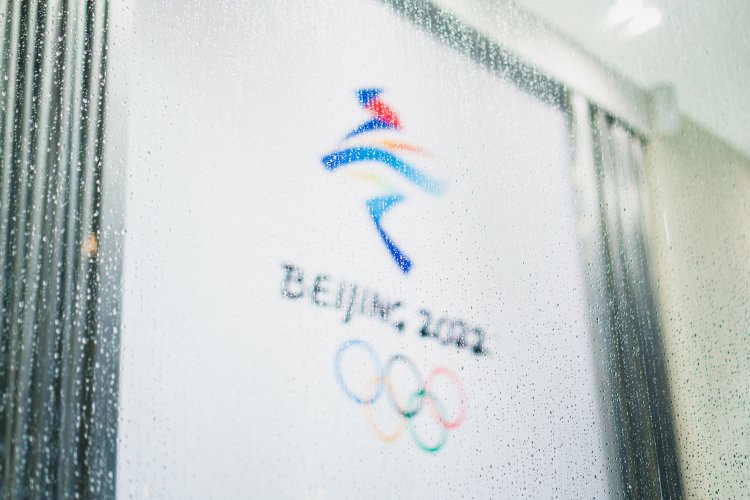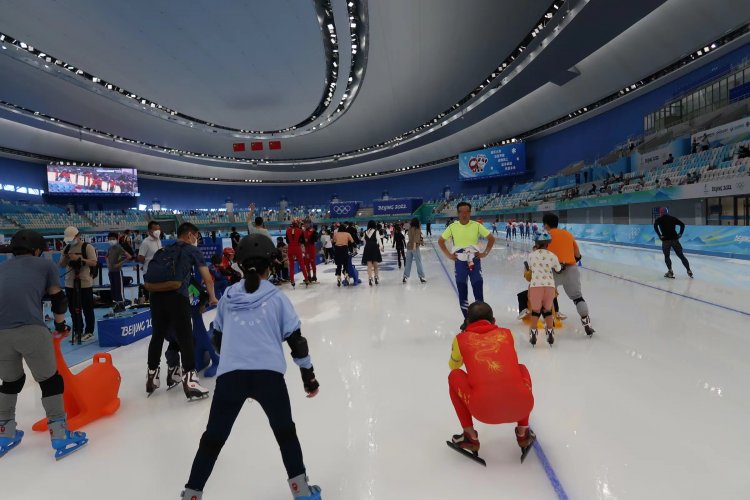Drug Re-Tests Net First 3 Chinese Gold Medal Dopers From 2008 Beijing Games
Relying on re-tests of eight-year-old urine samples, the International Olympic Committee (IOC) has for the first time disqualified a batch of Chinese athletes from the results of the 2008 Olympic Games – all gold medal winning female weightlifters.
Cao Lei (women's 75kg), Chen Xiexia (women's 48kg), and Liu Chunhong (women's 69kg) have all been stripped of their gold medals from Beijing 2008 for testing positive for doping.
The IOC not only conducts in-Games testing, but also keeps vials of athletes' pee for eight years afterward, just in case new testing methods are developed to catch past cheats.
Lots of people cheat – in fact to date 59 athletes from 18 nations have been caught cheating from the '08 Games.
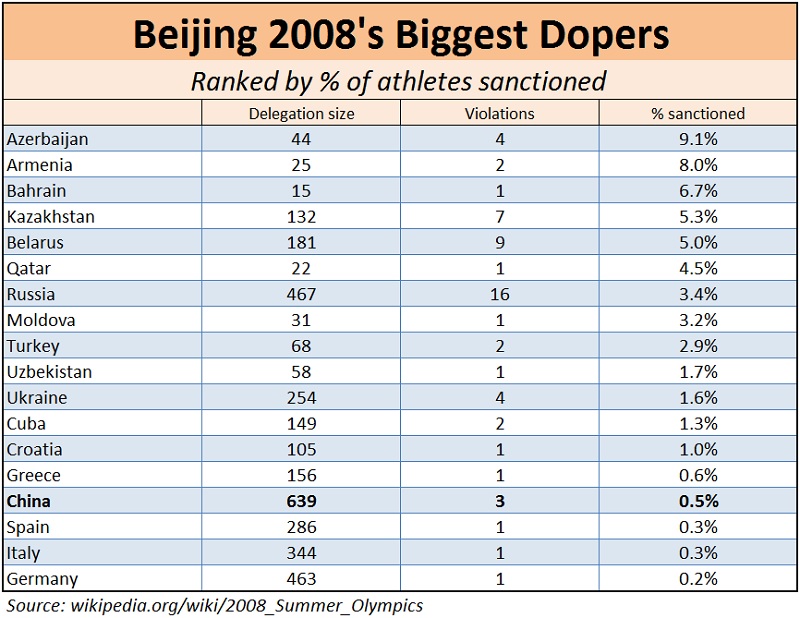
But most significant is that all three of the Chinese DQs were gold medal winners, and only four gold medalists have previously been disqualified from the '08 Games, leaving China with the ignominious title of having the most gold medalists banned (three out of a total seven).
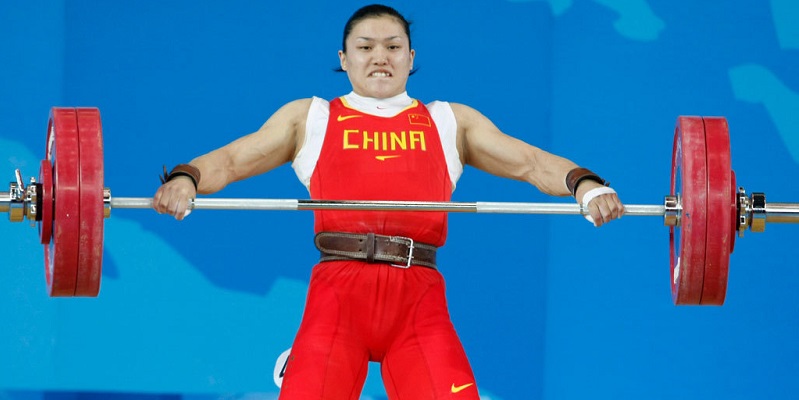
They join:
- The gold medal-winning Russian women's 4×100m relay team was disqualified and the gold given to Belgium;
- Rashid Ramzi from Bahrain, gold medalist in the 1500m was booted, the gold issued instead to Kenyan Asbel Kipruto Kiprop;
- Aksana Miankova from Belarus, competing in the women’s hammer throw event was stripped of gold (to date a new winner has not been formally announced); and
- Ilya Ilin from Kazakhstan, gold medalist in men's 94kg weightlifting, was stripped of gold (with no new winner yet announced).
Most of the the violations from Beijing 2008 came from the Athletics (25) and Weightlifting (22) disciplines.
RELATED: Beijing '08 Drug Cheats Still Being Busted Even As 2022 Olympic Construction Ramps Up
Though the eight-year statute of limitations on conducting new tests on the Beijing samples has already expired, there may be a few more balls to drop, as announcements of positive drug results are only publicly revealed after the athlete and his or her respective national Olympic committee are given a chance to address the results (and various other bureaucratic measures are taken).
It's not unusual – in fact it's par for the course in the modern age – for Olympics medal standings to change post-Games. And testing reveals that Beijing 2008 was not a particularly doped-out event: approximately 11,028 athletes participated, meaning less than half of 1 percent (0.49 percent) tested positive.
Photo: Italehti.fi
Related stories :
Comments
New comments are displayed first.Comments
![]() admin
Submitted by Guest on Fri, 01/13/2017 - 15:10 Permalink
admin
Submitted by Guest on Fri, 01/13/2017 - 15:10 Permalink
Re: Drug Re-Tests Net First 3 Chinese Gold Medal Dopers From...
No matter how you slice it, it sucks for people who may never get their moment in the sun because the person ahead of them cheated.
The fact that these folk are probably set for life now (apartments, cars, endorsements) is a great advertisement in favor of cheating.
![]() Scott DeVoy Su
Submitted by Guest on Fri, 01/13/2017 - 14:57 Permalink
Scott DeVoy Su
Submitted by Guest on Fri, 01/13/2017 - 14:57 Permalink
Re: Drug Re-Tests Net First 3 Chinese Gold Medal Dopers From...
Although I don't condone doping in sport, in this circumstance I sympathize with the three athletes involved.
Firstly, the stakes couldn't be higher for those competing in '08; it wasn't just national pride at stake, cash incentives meant an escape from an otherwise impoverished life. Chen Xiexia's life transformed after she won her gold medal -- China's first in what would later be 51 gold (now 48). In fact, aside from an immediate cash bonus, Xiexia purportedly received houses for her and her parents and an Audi Q7 (is she now beholden to forfeit all that?).
Secondly, and before we rush to judgment and label these athletes as "cheats," we cannot rule out the possibility that they were coerced (or even worse, totally unaware that they took) banned stimulants. For example, another famous female weightlifter, Zou Chunlan, was duped into taking androgen pills, her coaches meanwhile telling her it was instead nutritional supplements.
Lastly, eight years is a long time. Sure, the silver medal finishers were indeed robbed. But it does take a toll psychologically to have a life-defining moment, seemingly cemented, unravel eight years (two Summer Olympics) later.
Validate your mobile phone number to post comments.



